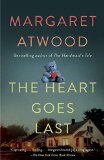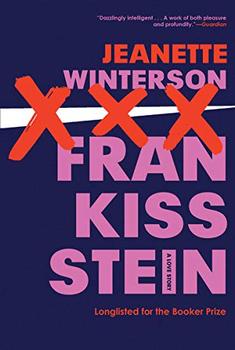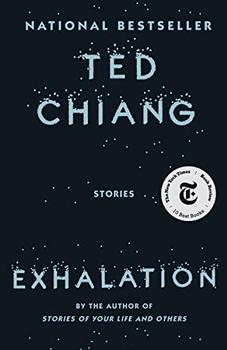Summary | Excerpt | Reading Guide | Reviews | Beyond the book | Read-Alikes | Genres & Themes | Author Bio

A Novel
by Margaret AtwoodMargaret Atwood puts the human heart to the ultimate test in an utterly brilliant new novel that is as visionary as The Handmaid's Tale and as richly imagined as The Blind Assassin.
Stan and Charmaine are a married couple trying to stay afloat in the midst of an economic and social collapse. Job loss has forced them to live in their car, leaving them vulnerable to roving gangs. They desperately need to turn their situation around - and fast. The Positron Project in the town of Consilience seems to be the answer to their prayers. No one is unemployed and everyone gets a comfortable, clean house to live in... for six months out of the year. On alternating months, residents of Consilience must leave their homes and function as inmates in the Positron prison system. Once their month of service in the prison is completed, they can return to their "civilian" homes.
At first, this doesn't seem like too much of a sacrifice to make in order to have a roof over one's head and food to eat. But when Charmaine becomes romantically involved with the man who lives in their house during the months when she and Stan are in the prison, a series of troubling events unfolds, putting Stan's life in danger. With each passing day, Positron looks less like a prayer answered and more like a chilling prophecy fulfilled.
Although the plot elements in The Heart Goes Last sound mostly damning, Atwood adds no small amount of good things about the Consilience project: it subscribes to a green living model with self-sustaining industries and economic stability. And while most dystopian novels are as dark as the communities they describe, thankfully, Atwood avoids this trap by using humor. The technique allows her to be even more biting in her attitudes regarding greed, while simultaneously keeping her protagonists from being dull. This also emphasizes their humanity, which is vitally essential to the overall plot. The Heart Goes Last is a masterful piece of prose that's a page-turner to the very end, and a novel that I highly recommend...continued
Full Review
 (641 words)
(641 words)
(Reviewed by Davida Chazan).
Atwood's experimental Positron/Consilience project in The Heart Goes Last shares many similarities with the kibbutz movement in Israel, which began in the early 20th century as a way for Jews to develop and settle the land.
The basic philosophy behind the kibbutz embodied Karl Marx's maxim: "from each according to his ability, to each according to his needs." The early kibbutzim (plural for kibbutz) were mostly agricultural settlements with a communal lifestyle (I lived on one for a while too). Everyone had a job with members performing the less desirable ones on a rotating basis. People ate all their meals together and everyone got a very simple furnished place to live in, and clothes to wear. Children lived in communal homes and were ...

If you liked The Heart Goes Last, try these:

by Jeanette Winterson
Published 2020
What will happen when homo sapiens is no longer the smartest being on the planet? In fiercely intelligent prose, Jeanette Winterson shows us how much closer we are to that future than we realize. Funny and furious, bold and clear-sighted, Frankissstein is a love story about life itself.

by Ted Chiang
Published 2020
From an award-winning science fiction writer, the long-awaited new collection of stunningly original, humane, and already celebrated short stories.